A means can be justified only by it's end. But the end in it's turn needs to be justified
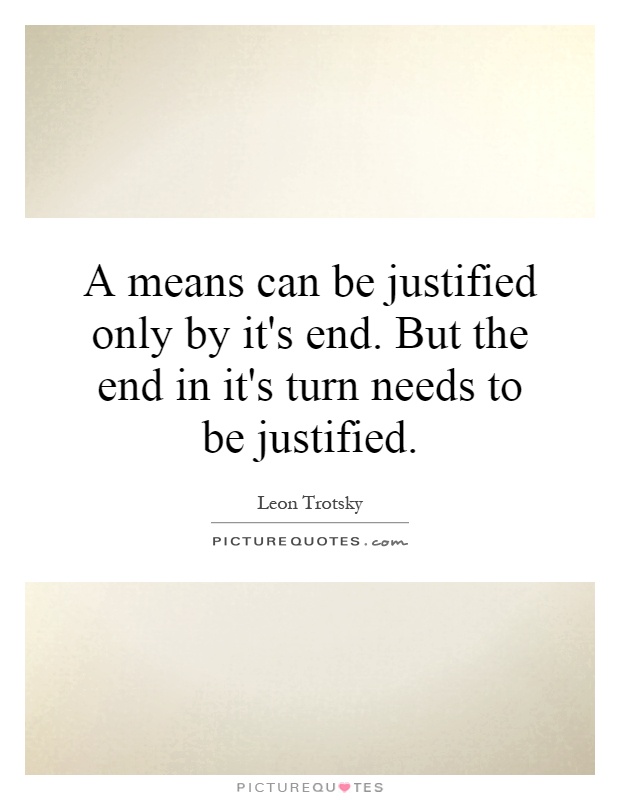
A means can be justified only by it's end. But the end in it's turn needs to be justified
Leon Trotsky, a key figure in the Russian Revolution and a prominent leader in the early Soviet Union, was a firm believer in the idea that the means used to achieve a goal must be justified by the end result. However, he also understood that the end itself must be justified in order for the means to be truly justified. This concept is central to understanding Trotsky's approach to revolutionary tactics and his vision for a socialist society.Trotsky believed that the end goal of socialism, the creation of a classless society where the means of production are owned collectively by the people, was a noble and just cause. In order to achieve this goal, he argued that revolutionary means were necessary, including armed struggle and the overthrow of the capitalist ruling class. Trotsky famously stated, "A means can be justified only by its end," meaning that the tactics used in the struggle for socialism must be in service of the ultimate goal of a just and equitable society.
However, Trotsky also recognized that the end itself needed to be justified. He understood that the means used to achieve a goal could not be divorced from the end result, and that the end must be morally and ethically defensible in order for the means to be justified. Trotsky believed that the end of socialism, with its promise of equality and justice for all, was a goal worth fighting for, and that the means used to achieve this end were justified in the context of the larger struggle for social justice.
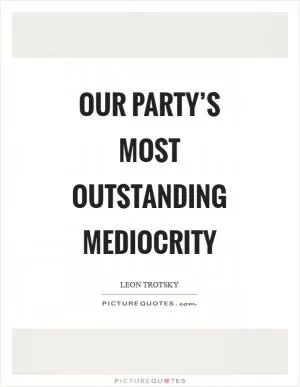
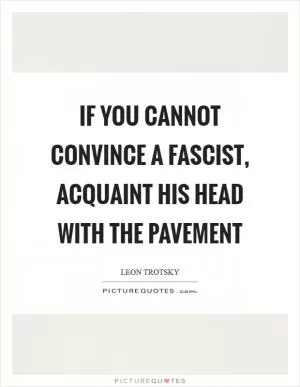
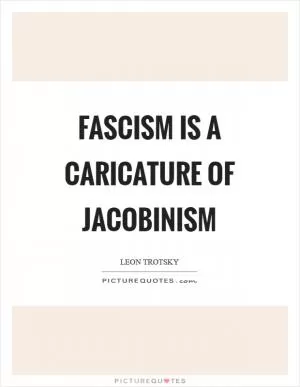

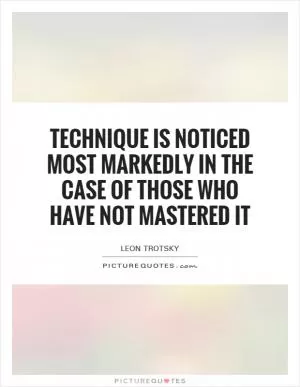




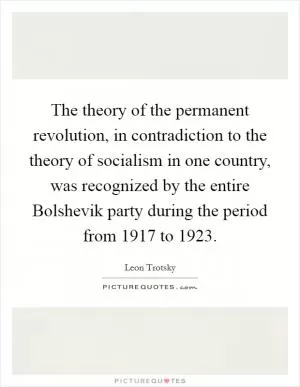


 Friendship Quotes
Friendship Quotes Love Quotes
Love Quotes Life Quotes
Life Quotes Funny Quotes
Funny Quotes Motivational Quotes
Motivational Quotes Inspirational Quotes
Inspirational Quotes